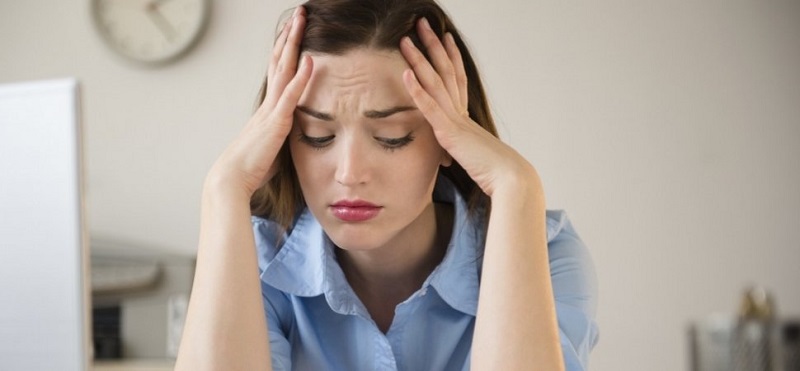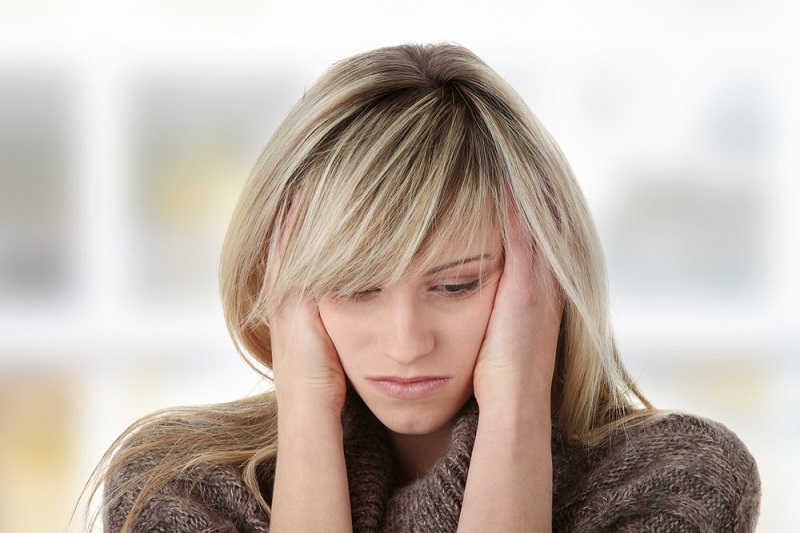Sleeping anxiety – Steps to Reduce It

It is very common for people who suffer from anxiety related issues to also suffer from sleep problems such as panic attacks or general sleep anxiety. Having sleep anxiety is really a double edged sword. If you are not getting the proper, restful sleep it can increase your anxiety, but due to your anxiety you fear going to sleep. sleep problems can be due to physical issues however once those are ruled out you are left with just the anxiety and a sense of hopelessness. There are steps you can take to improve your sleep anxiety and if practiced, these steps can decrease your fear of sleep.
First make sure you are sleeping somewhere that is comfortable to you. Make sure it is dark, quiet, and clean. People sleep better in a clean environment.
Set a solid time to go to bed each night and wake up each morning. Bad sleep times can interfere with your biological clock and cause you to continue to have poor sleep.
You can take naps but only if they are before late afternoon. You should not nap in the evening, doing that is a recipe for disaster when it comes to proper sleep patterns.

Staying awake late at night can also cause sleep anxiety because many times people get a second wind and cannot fall to sleep well.
Get natural sunlight upon awakening, 15 to 20 minutes will do, this will help reset your biological clock.
Do not try to catch up on lost sleep during vacations or on the weekends. You really cannot make up for lost sleep so avoid this type of oversleeping all together.
Get into a routine before going to bed, have certain tasks to complete each night in the same order. For example, brushing your teeth, washing your face, reading a book, and then off to bed.
Avoid stressful things before going to bed like dealing with bills having deep, uncomfortable discussions, or talking to someone who causes you stress. Instead do relaxing things like read or take a bath.
Do not do anything in your bed but sleep. Don’t watch T.V., study, talk on phone. Your bed must now be reserved for sleep and sleep only.
Avoid using stimulants such as caffeine. If you are a caffeine drinker do not have any after noon. Along with caffeine try and avoid any other stimulants you use such as nicotine before bed.
Along with caffeine, alcohol can also make your sleep patterns worse; it can disturb your sleep and make it more difficult to sleep even days after use.
Believe it or not, some sedatives can make your sleep worse. They can alter your ability you have a quality nights sleep, so avoid them if you can.
Just like caffeine and naps, do not exercise just before bedtime. Although exercise can help your sleep, make sure you do your exercise at least 4 hours before bedtime. If your sleep anxiety is really bad make it six hours.
Avoid large meals before bed, they may help you fall to sleep initially some foods may actually keep you awake. They may also cause physical side effects that will interfere with your sleep.
These are just a few suggestions to help assist you in having a good night sleep. By putting these into practice you will not only rest better but reduce your sleeping anxiety.
